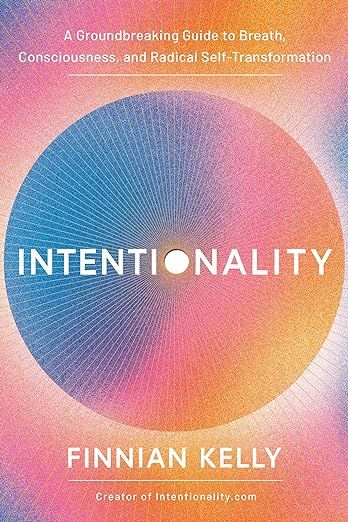One way to manage your energy effectively and set yourself up for successful interactions is to set agreements before every meeting.
You can use this technique in the workplace and in your personal relationships. It will create an equilibrium of power by replacing expectations with agreements.
Expectations are one-way and contribute to disillusionment, whereas agreements are mutually decided upon and create clarity for everyone involved.
Prior to any type of meeting, sit down with the other participant(s) and answer the following questions.
4 Questions to Ask Your Colleagues Before a Meeting
- What’s the intention of this meeting?
- What would success feel like at the end of this meeting?
- What role do we each play?
- Do we have the right energy and environment to achieve this?
1. What Is the Intention of This Meeting?
Encourage the other person(s) to be very detailed in what they hope to get out of the meeting — and hold yourself to this same standard. I’ve found that this question has helped me garner a better understanding of our different perspectives and also to detect miscommunications earlier rather than later. Before moving on, get into agreement on the objectives for the meeting.
2. What Would Success Feel Like at the End of This Meeting?
This one is nuanced but very important. Typically, the question is worded, “What would success look like at the end of this meeting?” That’s not what we’re getting at here.
Yes, I want you to identify the ideal outcome, but moreover, I want you to consider the outcome that would leave you and the other attendees feeling inspired, connected and empowered.
In my experience, getting this feedback for how everyone else hopes to experience the meeting has made me far more considerate, compassionate and open-minded when coming to the table.
3. What Role Do We Each Play In This Meeting?
If you’re a team leader, it’s important to ask this question — not only of yourself, but particularly of the people you work with.
You might envision yourself as the person leading the conversation, but it’s very possible that another individual would like to have a greater voice or role in the decision-making process. This is true in relationships as well.
Oftentimes, we think our spouse wants us to offer solutions or fix the problem, but if we take a step back and ask them what role they need from us, we may find that it’s less talking and more listening. An easy framework for addressing this question and not overcomplicating the response is to offer up these three options.
Listener/Sympathizer
Your counterpart(s) just wants a friendly ear, someone they can vent to or brainstorm without repercussions or judgment. They want someone who can acknowledge and better understand their viewpoint.
Problem Solver/Coach
Your counterpart(s) may want solutions. They may want you to ask more questions and help guide them to the heart of an issue. They may be looking for advice or ideas on how to bring resolution to the issue presented.
Creative Contributor
Your counterpart(s) may want someone to lob ideas back and forth with. They may want a brainstorming session or collaborative effort to get their creative juices flowing.
4. Do We Have the Right Energy and Environment to Achieve This?
You know your mind and body better than anyone. Take a moment to consider how you entered the space.
Are you carrying any unwanted energy from a prior circumstance? Are you feeling grounded and ready for a productive dialogue? And while you can never know fully what’s transpiring within someone else, you can recognize an energy being emitted that may be less than optimal for an open conversation.
Also, assess your surroundings to determine whether the space feels conducive for the meeting. Remove as many distractors as possible, and don’t underestimate the positive effect of aesthetics.
Gaining a greater situational awareness of both your energy and your environment will enable you to ensure it’s the right moment for this meeting. If it’s not, reschedule and try again when all factors are better aligned.
Practice Bringing Consistent Energy to Meetings
If you take the time to sit down and address these four questions and find four mutual agreements, I promise you’ll have a far more productive meeting. Even if the answers aren’t what you expect, they help set the stage for better energetic alignment.
In addition, I’ve found that everyone feels more seen and considered and less like an afterthought.

This meeting guide is something I even refer to in the back of my mind in impromptu discussions. That’s because these four simple questions can help reset the energy in any given situation.
Without fail, if you do the same, you’ll eventually establish a more consistent way to manage your energy in all of your relationships.
Excerpted with permission from Intentionality: A Groundbreaking Guide to Breath, Consciousness, and Radical Self-Transformation by Finnian Kelly. Available wherever books are sold. Copyright Hay House Inc., June 2023.





